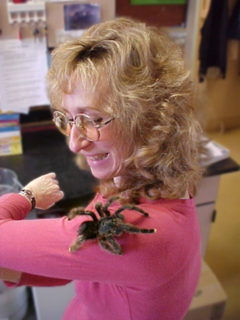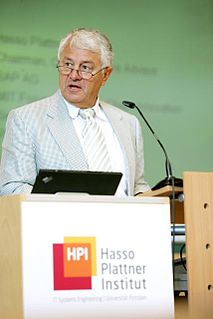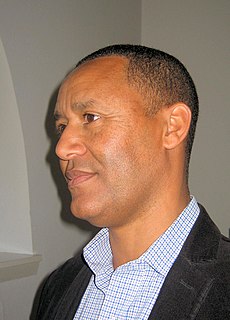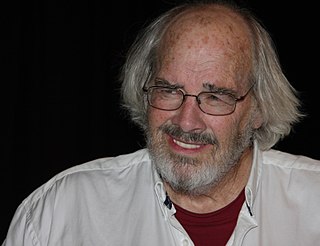A Quote by Richard Dawkins
Molecular evidense suggests that our common ancestor with the chimpanzees lived, in Africa, between 5 and 7 million years ago, say half a million generations ago. This is not long by evolutionary standards.
Related Quotes
We admit that we are like apes, but we seldom realise that we are apes. Our common ancestor with the chimpanzees and gorillas is much more recent than their common ancestor with the Asian apes - the gibbons and orangutans. There is no natural category that includes chimpanzees, gorillas and orangutans but excludes humans.
When I am at a dinner table, I love to ask everybody, 'How long do you think our species might last?' I've read that the average age of a species, of any species, is about two million years. Is it possible we can have an average life span as a species? And do you picture us two million years more or a million and a half years, or 5,000?
Sadly, at Ford, General Motors, and Chrysler sales continually trend downward, manufacturing costs rise, and employment declines. As the result of the decrease in the number of cars produced by American manufacturers, membership in the United Auto Workers has dropped from a high of over 1.5 million thirty years ago to less than half a million today.
Think of our DNA. In the last million years, our DNA hasn't changed at all. It's really much the same as it was in the jungle, a million, two millions years ago. But in the last 200 years, our destructive capacities have increased many, many millions of times over. Why don't we see intelligent signals from outer space? Because in all likelihood, once the civilization reaches the point our civilization has reached, it destroys itself.
More than 500 million years ago, vision became the primary driving force of evolution's 'big bang', the Cambrian Explosion, which resulted in explosive speciation of the animal kingdom. 500 million years later, AI technology is at the verge of changing the landscape of how humans live, work, communicate,and shape our environment.




































